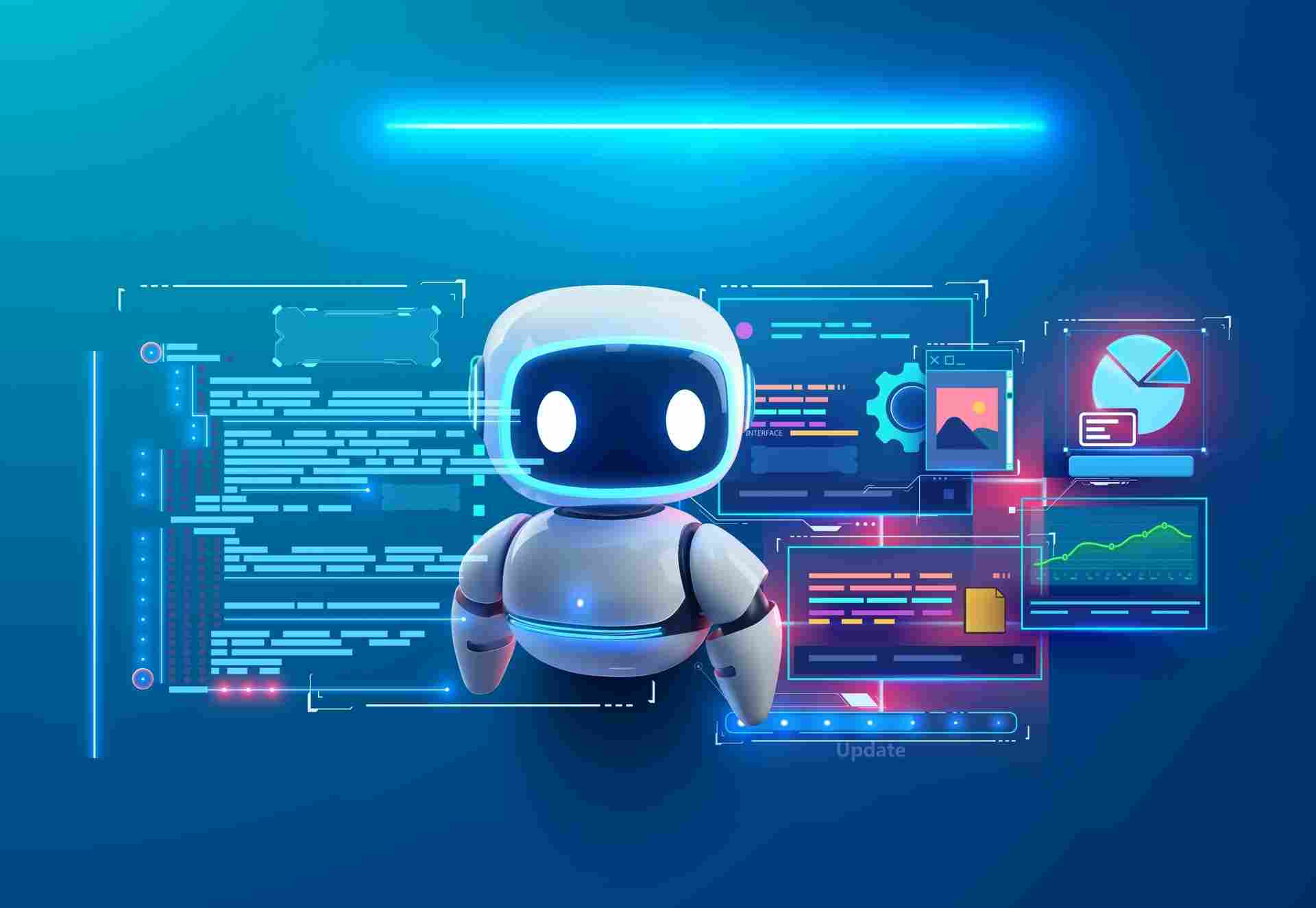
Singapore, Singapore (Enmaeya News) — A recent IBM study shows that many Asia Pacific (APAC) organizations believe they are more prepared for artificial intelligence and Industry 4.0 technologies than they actually are. While businesses are investing more in these areas, most face real challenges in fully adopting and using them.
The report, released last Thursday, found that only 11 percent of organizations are truly ready to use AI, even though 85 percent say they are. This big difference shows there’s a clear chance for companies to focus their efforts and move faster from Industry 4.0 to the next phase — Industry 5.0.
Although 85 percent of respondents called themselves “data-driven” or “AI-first,” IBM’s assessment found only 11 percent fit these advanced categories (9 percent data-driven and 2 percent AI-first). This suggests that leaders may be overestimating their progress, which could lead to poor investment decisions and delays in their digital transformation.
The study highlights several common obstacles: unclear strategies, difficulty getting employees on board, working in isolated teams, slow updates to core systems, and limited use of AI.
Only 10 percent of organizations have fully integrated Industry 4.0 into their plans. Meanwhile, 70 percent have incomplete strategies, separated projects, or plans that haven’t been put into action. This fragmented approach can slow or weaken progress.
Concerns about employee resistance affect 19 percent of companies, but only 26 percent offer formal training or change management to help staff adapt. As a result, only 16 percent feel confident in their team’s skills. Without better training and engagement, AI projects risk stalling.
Many organizations also work in silos — 67 percent run AI projects in individual departments without coordination, and 73 percent lack ways for teams to share knowledge. This slows down collaboration and innovation.
Though some advances have been made, only 40 percent use predictive maintenance, and just 37 percent have real-time views of their supply chains — both important for avoiding downtime and disruptions. While 63 percent apply AI in some areas, only 10 percent see AI as a core part of their overall business strategy, limiting wider improvements.
Moving from Industry 4.0 to Industry 5.0 — which focuses on people, sustainability, and resilience — remains difficult. Only 23 percent of organizations use customer feedback to guide decisions in product design and operations. Meanwhile, 28 percent track sustainability in real time, but just a quarter of these can measure and report their progress well.
On cybersecurity, half of the organizations rely only on basic protections like firewalls, with few adopting advanced security measures such as risk assessments or AI-based monitoring. Improving cyber defenses is key to protecting industrial transformation and building long-term trust.
“APAC is in a strong position to lead AI-driven Industry 4.0 transformation,” said Ong Tun Kim, General Manager of IBM Manufacturing Solutions. “With solid national strategies, strong partnerships between the public and private sectors, and a readiness to experiment, the region is advancing quickly through real-world innovation. The winners will be those who build secure, flexible digital systems and empower their people to turn ideas into action.”
To close the gap between goals and reality and prepare for Industry 5.0, the report recommends a clear, company-wide approach. Organizations should create technology strategies that link investments to measurable business results and return on investment.
They should also improve core systems to enable better visibility across departments and encourage knowledge sharing. Treating data as a valuable asset by breaking down barriers between teams can help build a solid AI foundation that benefits the whole business.
Organizations must also be ready to quickly adopt new technology by using flexible methods to integrate new tools with existing systems. Bringing Industry 5.0 principles — focusing on people, sustainability, and resilience — into transformation plans today will help companies build a stronger future.
“As APAC companies embrace these changes, they can turn small AI projects into large-scale solutions that give them a competitive edge and create a human-centered, resilient industrial future,” Ong Tun Kim said.







